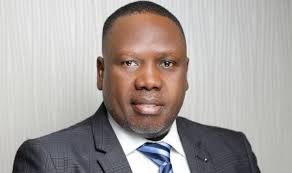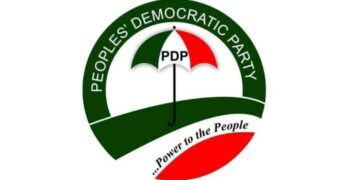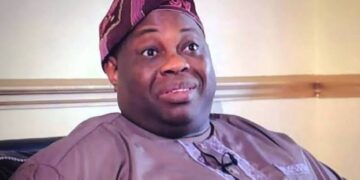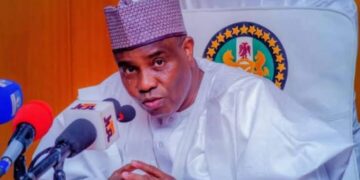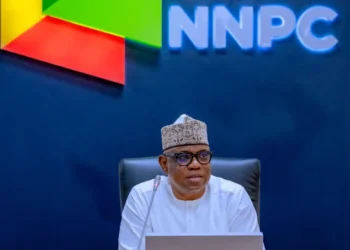The federal government has failed to eliminate crippling tariffs on medical imports, despite its growing impact on the rising costs of health services.
According to findings by reporters, healthcare service providers, pharmaceutical manufacturers, and drug distribution companies face tariffs of about 5 to 25 percent on the import of essential medical products including raw materials for production. They also have to shoulder product registration fees, ignoring the fact that patients pay the price.
On paper, medical and pharmaceutical products are exempt from the standard 7.5% value-added tax, along with machinery for export processing zones and some basic food products.
But despite the narrative that the Nigerian Customs Service manages a delicate balance between generating revenue and saving lives, healthcare companies are still reeling. Cameras for medical or surgical examination of internal organs are subject to 20% import tax and 7.5% VAT, which the customs authorities describe as due to the implementation of the ECOWAS Common External Tariff (CET) 2015 to 2019 and fiscal policy measures of 2015. Respiratory support systems such as ozone therapy, oxygen therapy, aerosol therapy, and artificial respiration are subject to import duties of 5%.
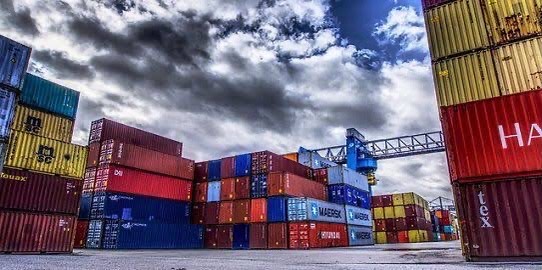
Medical imaging equipment, including electrocardiographs, ultrasound scanners, magnetic resonance machines, and ultraviolet light equipment, are subject to a 5% import tax.
Syringes, with or without needles, are subject to an Import Adjustment Tax (IAT) of 65%, while surgical needles and dental equipment are subject to an import tax of 5%. Pharmaceutical packaging materials such as gelatin capsules attract 25%.
“There was a 20 percent duty on medications many years ago. The government removed it but then called something else, a CET levy, and still charges 20 percent,” Samuel Okwuada, CEO and co-founder of Remedial Health, a health tech company transforming the pharmaceutical supply chain, told reporters.
“If I bring in a container of diabetes drugs and it costs me N100 million and I am to pay 20 percent duty in whatever name, what it simply means is that I’m spending N120 million. I’m not going to absorb the 20 million added. I’m going to pass it on to the customer. Just by removing that layer, you will have a direct impact on the price of this medicine,” Okwuada said.
Okwuada, like most key players in the health sector, believes that the single act of lifting these taxes could immediately reduce the cost of essential medicines for many Nigerians who are having difficulty.
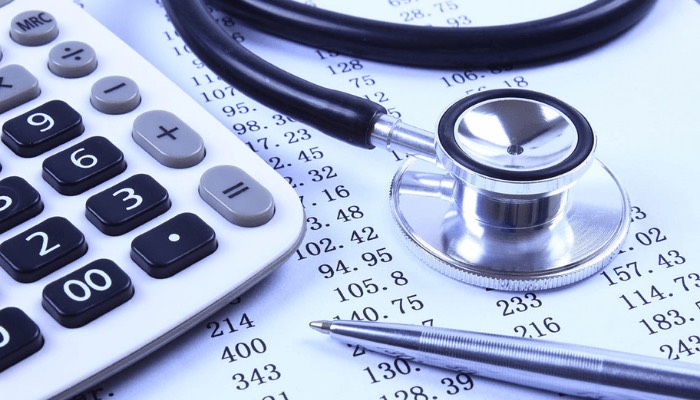
Analysts say restricting imports with crippling tariffs is an act of self-sabotage, as about 75% of drugs and consumables in Nigeria come mainly from India and China, making the chain value of medical supplies very vulnerable to exchange rate fluctuations.
“We haven’t thought about the high cost of manufacturing in Nigeria today, whether it is electricity and the lack of it or the cost of transporting items from one place to the other in Nigeria. We are not thinking of all those things.”
Okey Akpa, Chairman of the Pharmaceutical Manufacturers Association of Nigeria (PMG-MAN), in a consultative forum in March, called for tax exemption for specialized medical devices when it involves increasing the capacity for local production.
Taiwo Oyedele, Chairman of the Presidential Committee on Fiscal Policy and Tax Reform, announced at a separate forum that he would intervene to address harsh taxes on medical equipment, accessories, and important raw materials for drug production.
He said the government plans to create new harmonized codes and tariff lines as well as establish special corridors to expedite customs procedures for imports and exports of pharmaceutical products.
“We haven’t thought about the high cost of manufacturing in Nigeria today, whether it is electricity and the lack of it or the cost of transporting items from one place to the other in Nigeria. We are not thinking of all those things.”



